Financial independence, the transition to adulthood for many including adults with IDD, is possibly the greatest stepping stone to self-sufficiency.
Did you know it can also be the difference-maker for your safety?
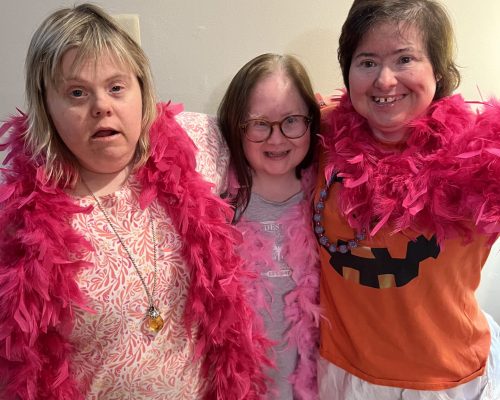

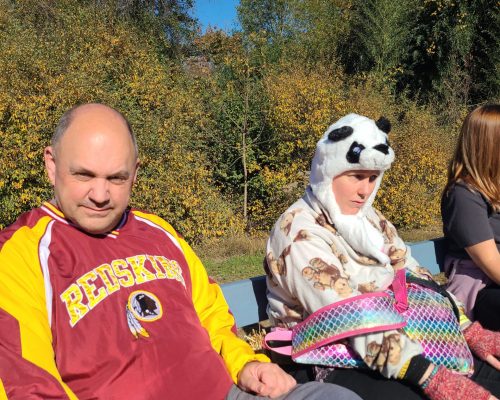
Many adults with intellectual and developmental disabilities (IDD) work with trusted guardians and friends on supported decision-making, the process of advising but not forcing choices. When adults with IDD use supported decision-making for financial independence, they are more likely to be safer from scams and have greater self-determination.
“Financial independence is one piece of the independence puzzle. Your independence opens your potential to handle other tasks more easily, like personal shopping or paying bills.”
Alicia Liddle, Relationship Manager at Northwest Federal Credit Union (NWFCU); sister of Amanda, who has an IDD
Quality of life benefits go beyond dollars and cents. See five ways financial independence can empower adults with IDD, including our residents:
1. You can start slowly with financial independence.
Parents and Gabriel Homes staff slowly introduced tasks to residents’ routines. Some adults with IDD may be more regimented, so their trusted group starts by explaining the benefits and risks of financial independence. Budgeting and spending are taught the same as cooking or doing laundry — one step at a time.
“Our mom convinced Amanda over a long time to move her cash onto one card. NWFCU had a $400 deposit special when members opened a new account, so Amanda was excited about using the money to visit her family out of state. Today, she feels pride putting her paychecks into her bank account and managing her balance.”
Alicia Liddle
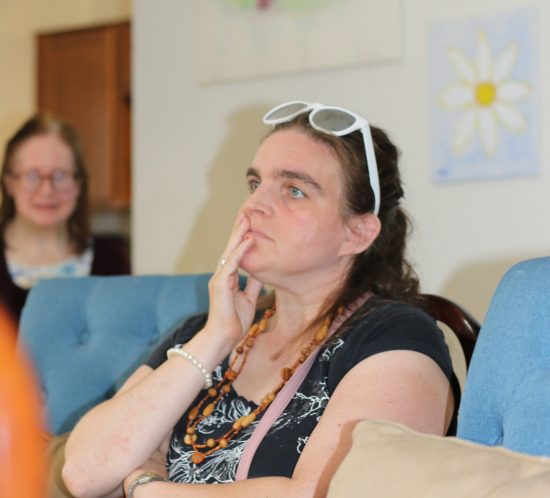

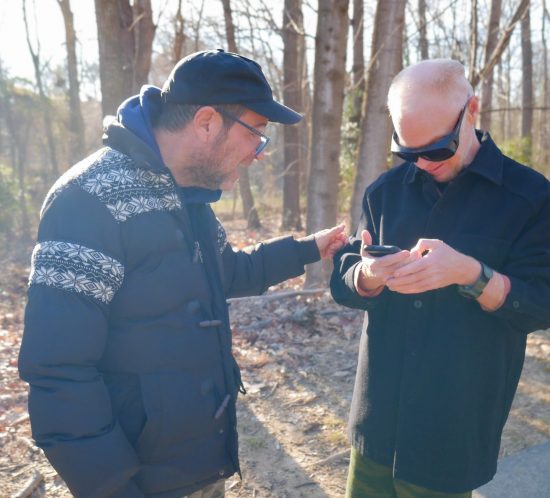
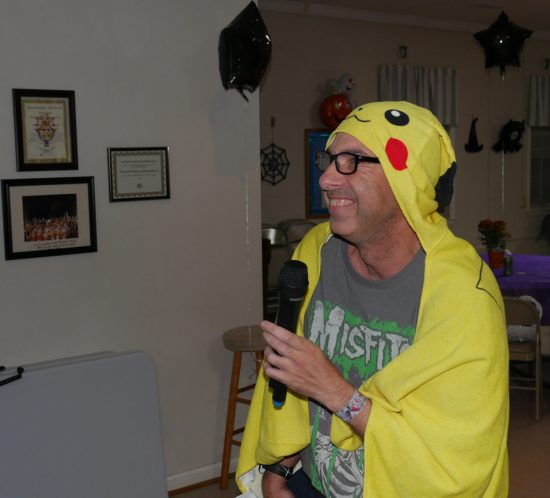
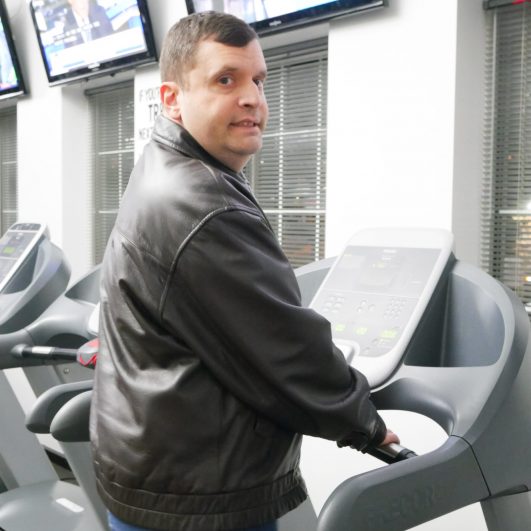


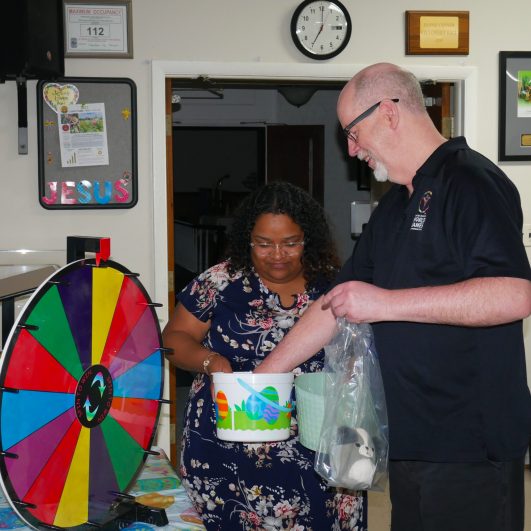
2. Learning Medicaid requirements can show you where to save and how to spend.
Medicaid recipients need to stay below $2,000 in assets to continue receiving benefits. Limits are in place because Medicaid is a needs-based program. For greater financial independence, adults with IDD can open special needs trusts and ABLE accounts to save and manage expenses.
“Virginia has different paths to financial independence for adults with IDD on Medicaid as opposed to other states. Someone could lose coverage if their parents died and Social Security Disability insurance put them over the asset limit. Fortunately, we helped pass a law in 2024 where recipients could keep their benefits regardless of the insurance payments.”
Lucy Beadnell, Director of Advocacy, The Arc of NOVA
3. Building a trusted team can teach you how you can be smart with your spending.
You rely on doctors for advice at medical appointments. Advice for financial independence is no different. The nature of some people’s disabilities may mean they have difficulty knowing where to start and whom to trust with money. Adults with IDD who work with family, financial planners, and legal experts can empower everyone to spend with confidence. Our residents save for movie nights and club dues, and they’re diligent about being wise with their paychecks.
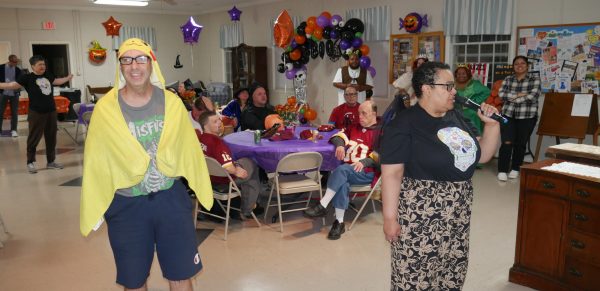

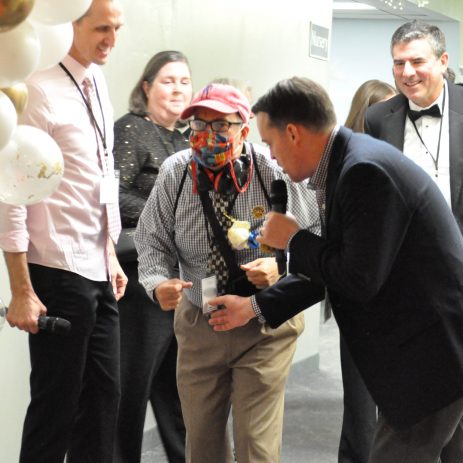
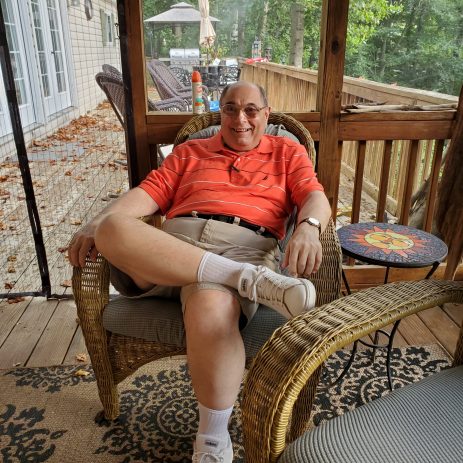

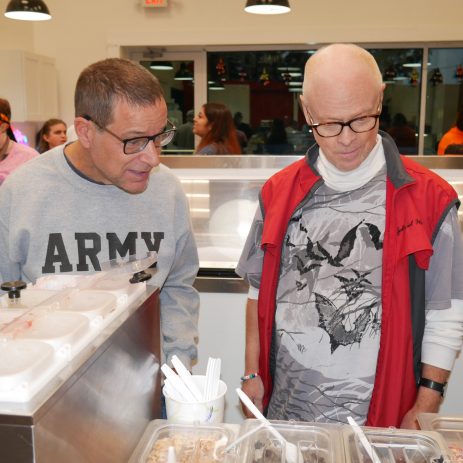
4. Financial independence is ongoing and educational.
There’s a sense of freedom when you make your first purchase using your first bank account. Then come the changes in your budget. Adults with IDD who budget for monthly and personal expenses face many of the same changes. Budgets, for example, may adjust based on new jobs or rising costs. Financial independence grows with change, and you build it with experience.
“Everyone, including adults with IDD, faces challenges and changes, and our finances go along for the ride. You may achieve your goals at different speeds, but you feel peace in making empowered choices to reach them.”
Chris Greenhill, NWFCU Private Relationship Manager
5. Don’t give in to fear.
Lucy says many families fear someone might exploit their children’s finances. Many adults with IDD may have less freedom with their money if accounts have limits. On the other hand, other adults with IDD manage every cent and are afraid to spend it.
“Financial restrictions can feel disempowering. Someone with IDD may like traveling, so saving for vacations can feel important to them. Having clear plans on how to save and spend ultimately creates a safer environment for everyone.”
Lucy Beadnell

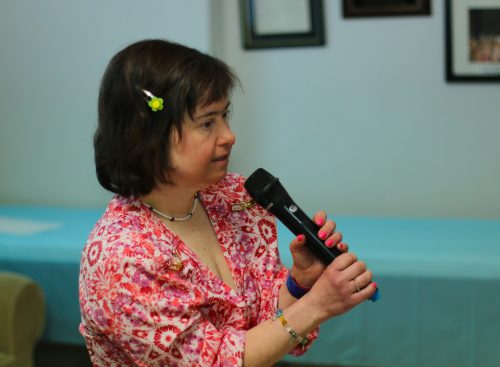
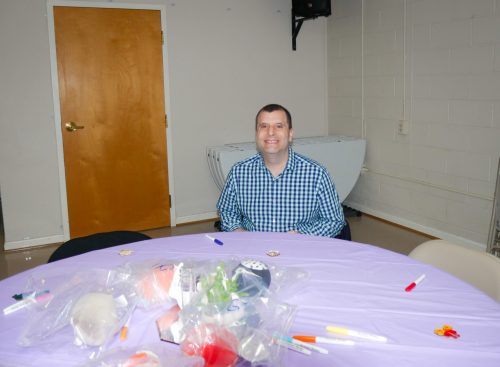

At Gabriel Homes, many residents save their money for birthday parties. Staff help pick up the food and decorations, but residents cover the cost. Friends enjoy marking birthdays on their calendars, and residents light up when the party arrives.
Learn more...
The Arc of NOVA’s webinar, “Empowered Budgeting: Practical Strategies for Financial Independence,” shares how you can smartly manage money hosted by budgeting experts from NWFCU. See the full webinar on YouTube.


